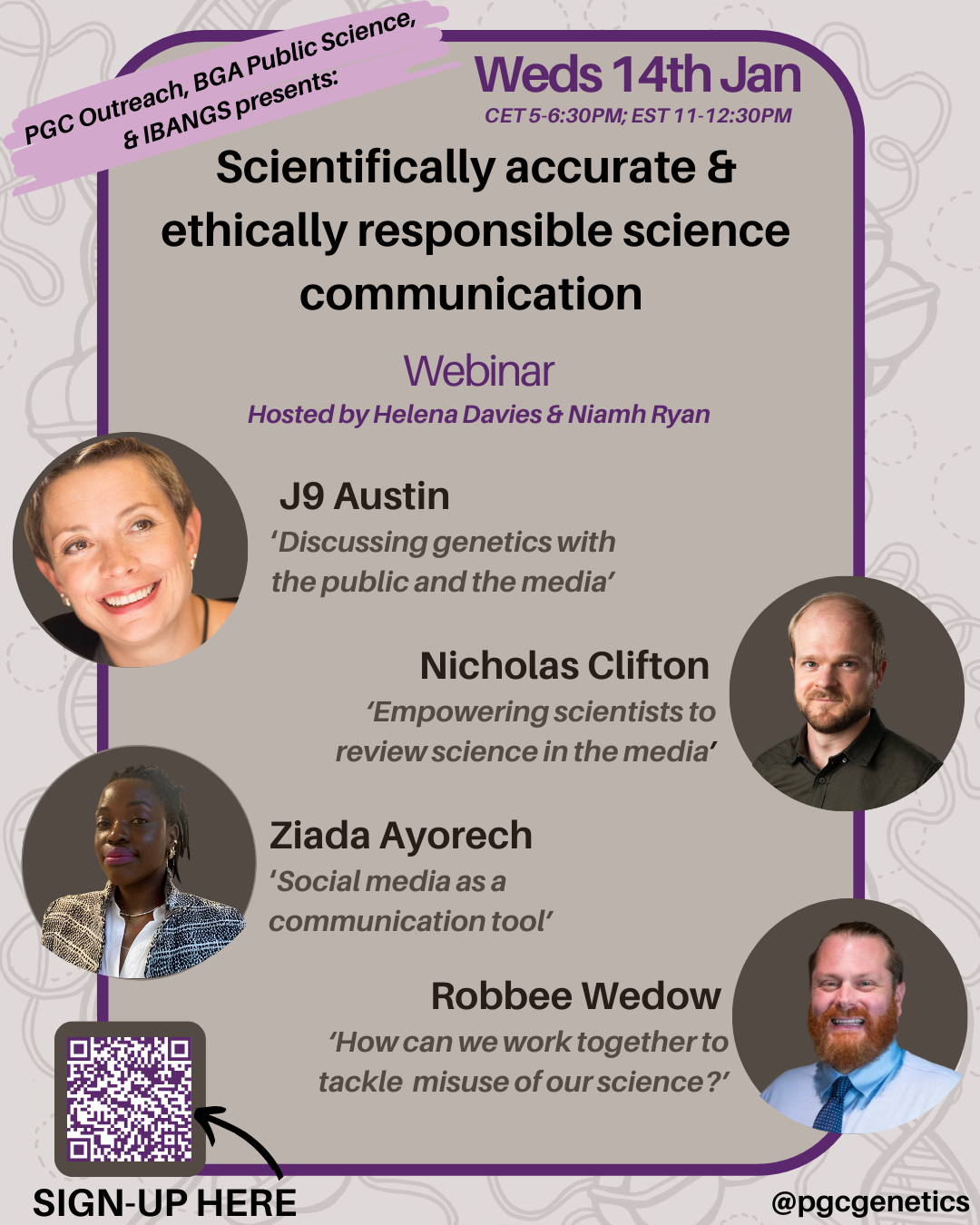Meetings OverviewEach year IBANGS organizes a scientific meeting where scientists working in the field of behavior genetics have the opportunity to present new research findings, share ideas and forge collaborations. Meeting venues alternate between the US, Europe and Asia. IBANGS members receive reduced registration costs and eligibility for travel grants for the annual meetings as well as many other benefits that are explained in more detail here: Member Benefits If you are interested in hosting an IBANGS annual meeting at your institution, please contact the society administrator [[email protected]] for more information. |

